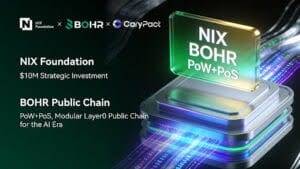Blockchain evidence regulations take effect in China

The Supreme People’s Court of China has issued fresh regulations regarding the use of Blockchain data for evidence purposes. The new rules which took effect yesterday stipulate the validity of blockchain deposits.
All three articles in the litigation address issues concerning blockchain evidence. One article stressed the assumption that data is always effective after it has been stored on a blockchain, while the other two articles were specific about the authenticity of verification rules for blockchain evidence.
Back in 2018, the Supreme People’s Court in a regulation recognized that blockchain data could pass as valid evidence, and according to an article published by All Bright Law, as of March 2021, there have been 65 cases involving the use of blockchain evidence in China.
The Chinese court judgment system currently recognizes some blockchain evidence certification platforms such as Baoquan.com, Ebaoquan.org, and IP360.net.
A new IOU platform supported by blockchain technology was added to the social media app WeChat by Tencent. The new feature enables electronic signature services that allow users to carry out personal lending transactions as blockchain certifications.
China may have moved to crush the mining and trading of public cryptocurrencies. However, the Asian country is actively pushing its own digital asset agenda.
Check our guide of the most promising crypto




